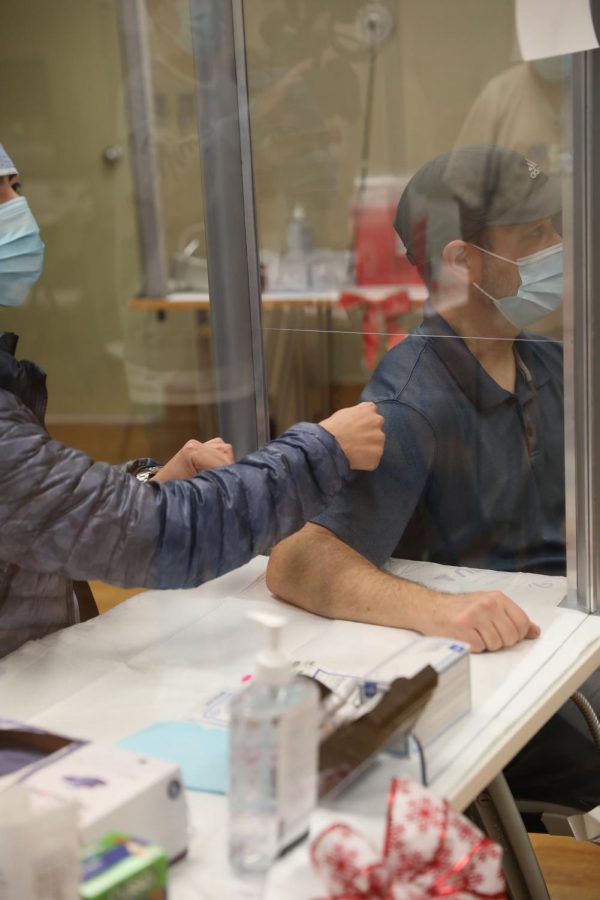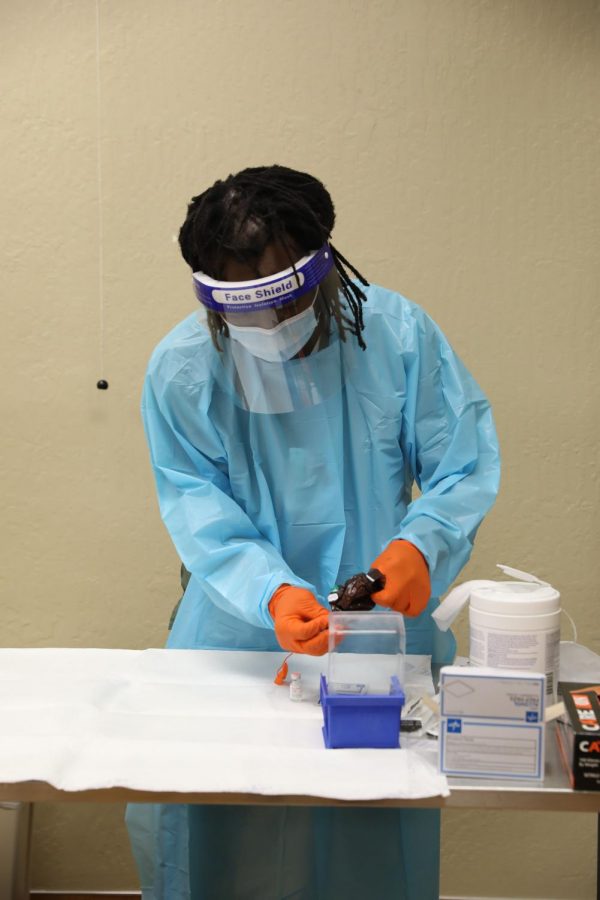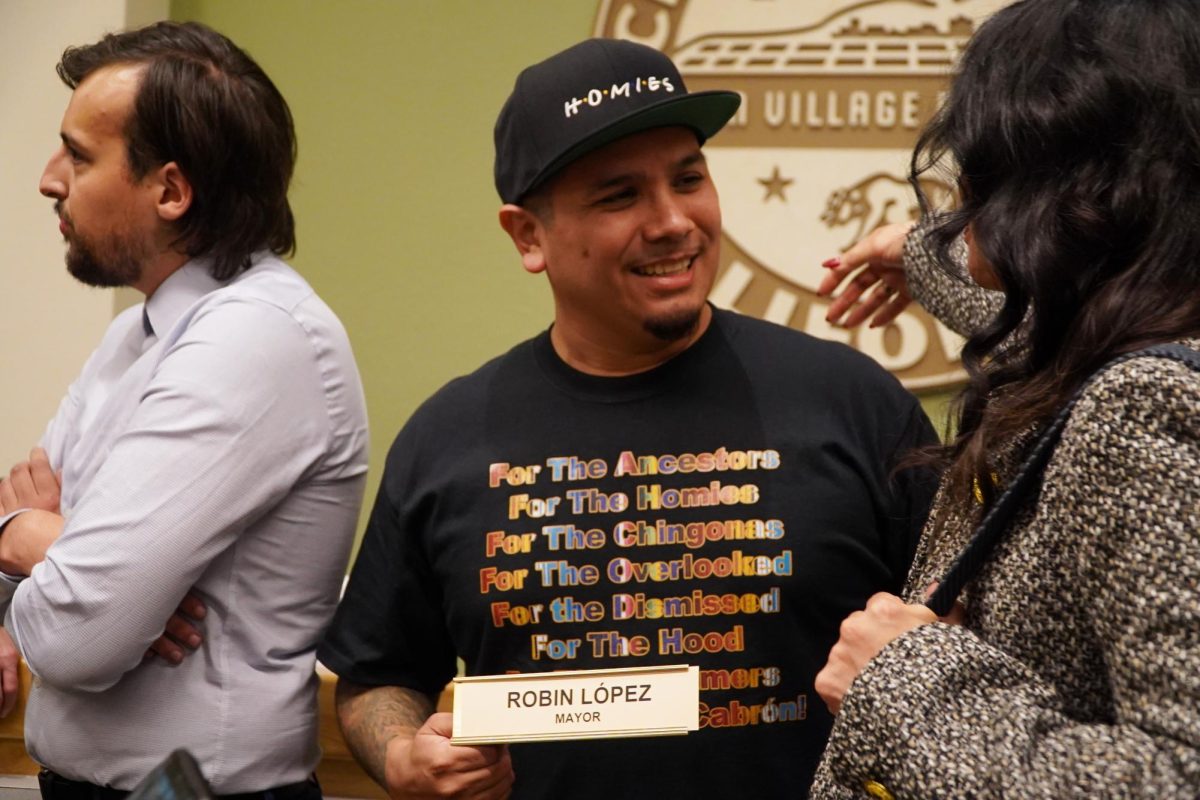
In what officials hope is a turning point nine months into the COVID-19 pandemic, frontline healthcare workers at Zuckerberg San Francisco General Hospital became the first residents in San Francisco to receive Pfizer’s breakthrough vaccine.
“This is a historic day for our city and, we hope, the start of a turning point in our response to COVID-19,” Mayor London Breed said in a statement. “It gives us some much-needed hope during an otherwise challenging and uncertain time.”
Officials expect to receive 25,350 doses — enough for 12,675 people — in its initial distribution from the state and federal government. These are reserved for acute care facilities, which will be allocated doses based on how many healthcare workers they have, how prepared they are to receive and administer the vaccine and how many COVID-19 patients they care for.
The city expects to make the vaccine available to other segments of the population once its supply increases, most likely in late spring or summer 2021. The general population will receive the vaccine once the supply is no longer limited, expected to be later in the year.
“We are embarking on a vaccine distribution effort unlike anything this country or San Francisco has ever seen,” Dr. Grant Colfax said in a statement.
Authorized for emergency use by the FDA last Friday, the Pfitzer vaccine comprises two shots that must be kept at minus-70 degrees Celsius and taken 21 days apart. ZSFGH nurse Kai Chen administered the first doses to the hospital’s Medical Director of Critical Care Services Dr. Antonio Gomez and ICU nurse Phung Nguyen.
San Francisco, which obtained 2,000 doses of the vaccine on Monday, expects weekly shipments from California in the coming weeks.
As distribution begins, officials continue to urge San Francisco residents to follow the city’s changing public health order as California experiences its worst surge in cases of the novel coronavirus yet. The ICU capacity of hospitals across the Bay Area has fallen from 26% to 17.8% within the last week, and California’s has dropped to 7%.
“Let’s give thanks for the life-saving vaccine that is on the way, but I cannot emphasize enough, we still must remain vigilant because the hope of this vaccine will not crush this curve, and with the limited supply, the vaccine will not save us from this current increase and surge in hospitalization,” said Dr. Grant Colfax, director of the city’s Department of Public Health, in a statement on Monday. “Only our immediate actions, the actions that we have been taking since the beginning of this pandemic that we know works, will slow the spread of the virus. Those are more pivotal and important than ever before.”
This is a breaking story. It will be updated.







